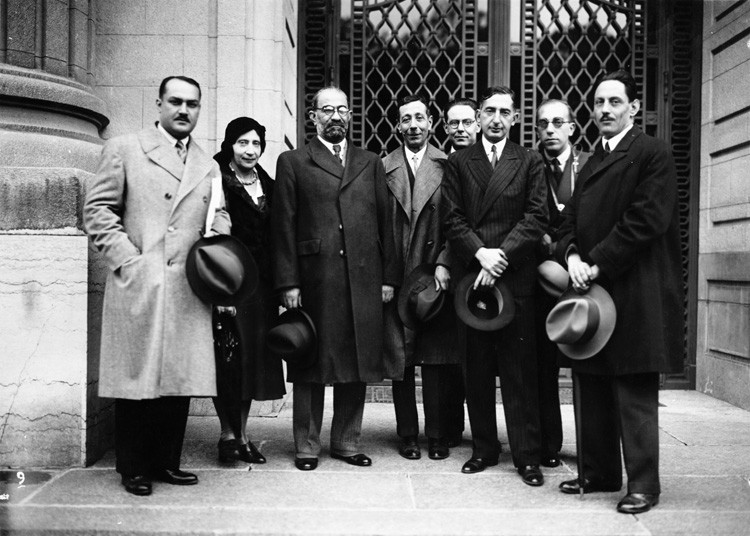The multifaceted life of Muhammad Ali Foroughi, one of the most influential statesmen and intellectuals in Iran’s contemporary history, provides valuable insights that remain strikingly relevant today. While a comprehensive examination of this complex figure is beyond the scope of this essay, a reflective analysis reveals important lessons for responding rationally in periods of turmoil.
Foroughi lived during a turbulent time when Iran was grappling with the disintegration of the Qajar dynasty and intense foreign intervention. As an advocate of democracy, civil liberties, and the rule of law, he played a pivotal role in the Constitutional Revolution. He held significant political offices including Prime Minister, Minister of Justice, and Minister of Foreign Affairs. His opposition to the oppressive 1919 Agreement and Britain’s interference in Iran exemplified his patriotism. However, his controversial support for Reza Shah’s authoritarian rule also illustrated the difficult paradoxes of that era.
After being sidelined by Reza Shah, Foroughi focused on scholarly pursuits and literary works. Yet when disorder threatened Iran during WWII, he re-emerged to help restore the Pahlavi regime, hoping to maintain stability and sovereignty. While debated by historians, this fateful decision came from a reasoned position given the bleak circumstances. Foroughi’s exercise of logic, even in chaotic times, holds essential lessons today. He astutely recognized that solving Iran’s problems required independence and self-sufficiency, not reliance on foreign powers. Although the Constitutionalists had idealistic hopes for national authority, the ensuing absolutism betrayed these aspirations. Foroughi’s pragmatic patriotism and insistence on national unity against external interference remain instructive.
Intellectuals aiming for nuanced understanding can still appreciate Foroughi despite legitimate critiques. Comparing current predicaments with Foroughi’s era illustrates the continuing relevance of his perseverance and fidelity to Iran’s interests. Of course, one must examine each aspect of his controversial life separately. But an open-minded analysis of his efforts to balance competing forces is both possible and edifying.
The original Persian text provides invaluable perspectives for assessing this statesman whose sophisticated mind embraced both Eastern wisdom and Western learning. By transcending parochial biases and reflecting deeply on the past, we gain vision to navigate the uncertainties of the present. The tortuous course of history ultimately exposes shortcomings in even the noblest human judgments. But integrity and reason remain our best guides through the shadows and into the light.
You could read the original essay on my persian blog at here.
Originally published on LinkedIn: This article was originally published on LinkedIn on November 16, 2023. In the article, I discuss my ideas on the Muhammad Ali Foroughi with a glimpse on intellectual ideas. I encourage you to read the original article for more information and insights, and to connect with me on LinkedIn to continue the conversation.
